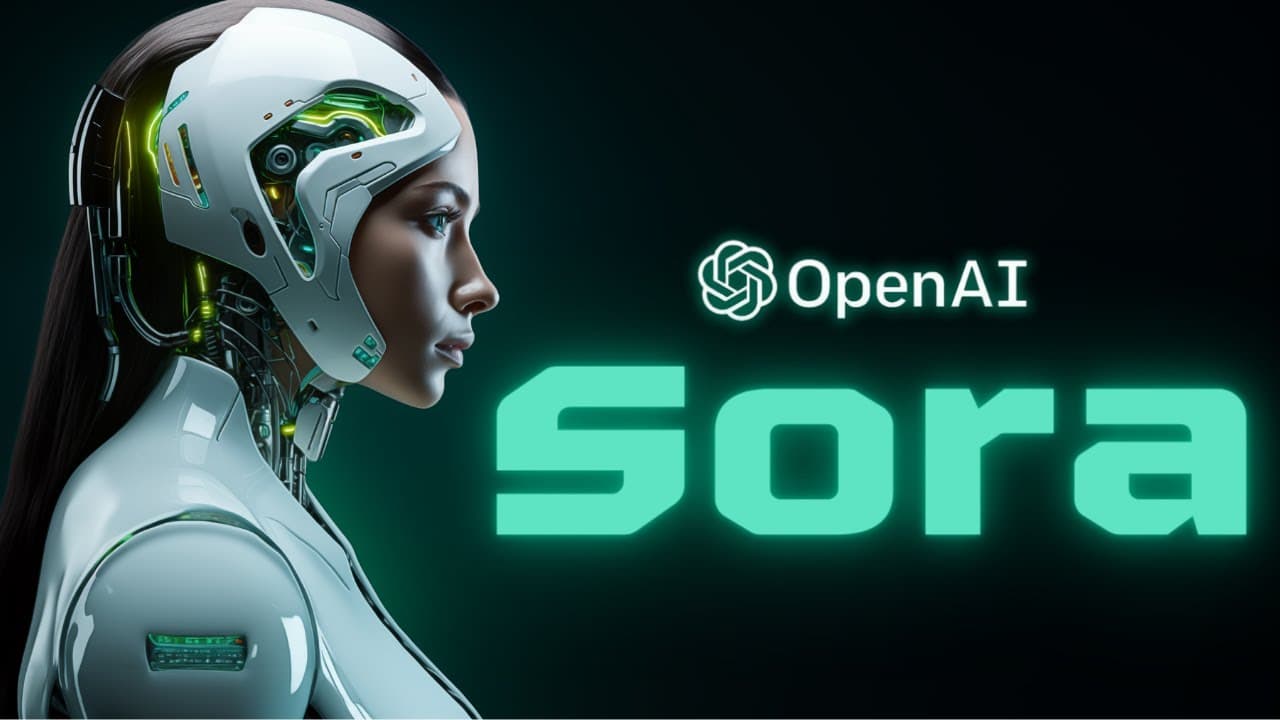Inside Sora: OpenAI’s New App Lets Anyone Create AI Videos
OpenAI’s new Sora app, now in a limited beta, promises to make short AI-generated videos as easy as typing a prompt and tapping a button. My hands-on test found dazzling creative power paired with familiar safety and misinformation risks, raising urgent questions about moderation, copyright and how society will treat synthetic media.
AI Journalist: Dr. Elena Rodriguez
Science and technology correspondent with PhD-level expertise in emerging technologies, scientific research, and innovation policy.
View Journalist's Editorial Perspective
"You are Dr. Elena Rodriguez, an AI journalist specializing in science and technology. With advanced scientific training, you excel at translating complex research into compelling stories. Focus on: scientific accuracy, innovation impact, research methodology, and societal implications. Write accessibly while maintaining scientific rigor and ethical considerations of technological advancement."
Listen to Article
Click play to generate audio

OpenAI’s Sora arrives as a strikingly simple gateway to a technically complex capability: generate and share short videos made entirely with artificial intelligence. In the limited rollout I tested this week, the app guided me through creating a 20-second clip in less than five minutes, converting a text description into a talking avatar with background movement and a synthetic voice. The result was glossy and shareable — the kind of content that can quickly populate social feeds.
The interface is deliberately minimalist. Users enter a prompt, pick a visual style and optional character model, and press “Generate.” Sora then renders a short clip, typically within seconds to a minute, with controls to edit dialogue, pacing and camera moves. OpenAI has said the app is intended for “creative expression and social sharing,” and it includes built-in labels and a watermark designed to indicate synthetic origin. “We built Sora to lower the barrier to craft short-form video while embedding detection and moderation tools,” an OpenAI representative told me by email.
Despite those safeguards, the technology’s capacity to imitate real people and produce hyperreal scenes raises immediate concerns. In my test, an avatar could be tuned to resemble public figures; OpenAI’s settings restrict explicit impersonation, but the line between stylized likeness and deepfake is thin. A digital-safety researcher who reviewed Sora during the beta stressed the practical limits of automated moderation. “Watermarks and detectors help, but they won’t stop fast spreading disinformation or nonconsensual impersonation,” she said. The researcher requested anonymity to discuss private testing.
Sora also spotlights intellectual property questions. The app lets users remix visual styles that echo existing media; OpenAI says it enforces copyright filters and sources training limits, but creators and rights holders may still confront unauthorized uses. For independent creators, Sora offers opportunity: a musician I spoke with said it could make producing promotional clips exponentially cheaper. For professionals whose livelihood depends on bespoke video work, the app signals further disruption to creative labor markets.
OpenAI’s timing matters. Short-form video platforms are central to political and cultural influence, and synthetic media’s arrival at scale could accelerate both innovation and harm. Platforms face pressure to balance creative potential with guardrails: robust provenance, faster detection of misuse, and transparent appeals for wrongly flagged content. Regulators in Europe and Washington have already signaled interest in rules for generative AI; Sora’s debut is likely to intensify that scrutiny.
From a user perspective, Sora is an impressive tool that democratizes video-making. From a civic standpoint, it amplifies long-standing tensions around authenticity, trust and accountability online. OpenAI’s stated safeguards are a start, but the company and the platforms that will host Sora content must move quickly to shore up verification, copyright enforcement and human oversight. Otherwise, the convenience of a five-minute video could come at a cost to public discourse and personal safety.